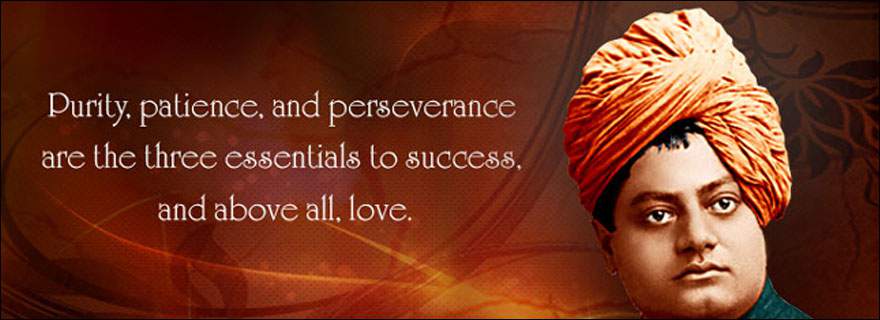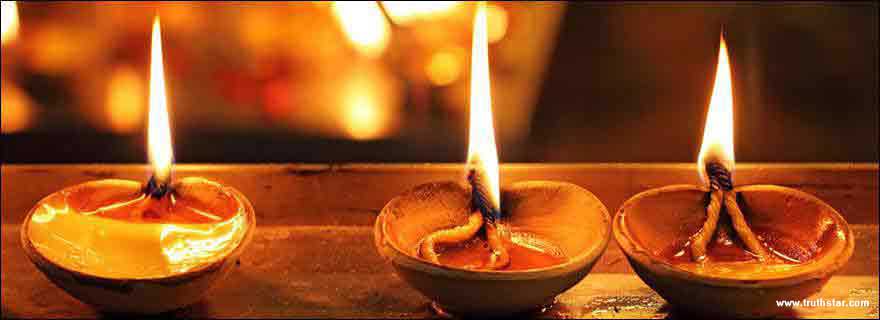Remembering the Great Swami Vivekananda
Swami Vivekananda was born in an affluent family in Kolkata on 12 January 1863. He was called Narendra Nath Datta, His father, Vishwanath Datta, was a successful attorney and his mother, Bhuvaneshwari Devi was gifted with deep devotion to God and had a strong character.

As a boy Narendra excelled in music, gymnastics and studies. By the time he graduated from Calcutta University, he had acquired a vast knowledge of different subjects, including Western philosophy and history.
He was born with a calm temperament and used to practise meditation even from his boyhood. He was associated with Brahmo Movement for some time.
After adopting the monastic life Narendra Nath was known by his monastic name of Swami Vivekananda.
His Illustrious Guru (Mentor) Sri Ramakrishna …
In his youth Narendra passed through a period of spiritual turmoilin his young mind when he was assailed by doubts about the existence of God. During this time he heard about Sri Ramakrishna from one of his professors at college.
One day in November 1881, Narendra met Sri Ramakrishna who was staying at the Kali Temple in Dakshineshwar (Kolkata). He put a straightforward question to Sri Ramakrishna,“Sir, have you seen God?” Without a moment’s hesitation, Sri Ramakrishna replied: “Yes, I have. I see Him as clearly as I see you, only in a much intense sense.” Young Narendra’s mental storm was stilled as he had found the Divine incarnation who could guide him.
Sri Ramakrishna through his pure, unselfish love won Narendra’s heart and thus began a ‘guru-disciple’ relationship which is quite unique in the history of spiritual masters.
The Parliament of the World’s Religions in Chicago in 1893 …
Swami Vivekananda represented India as a delegate in the 1893 Parliament of World Religions in Chicago. Through his series of speeches he introduced Hinduism and Vedanta philosophy to the Western world.
On one day, during this Parliament, which lasted a few days, a speaker pointed out to the difference of opinions as expressed by speakers representing different religions. When Swami’s turn came he said, “You have heard the eloquent speaker who was very sorry that there should be always so much variance. But I think I should tell you a story that would illustrate the cause of this variance:”
“A frog lived in a well. It had lived there for a long time. It was born there and brought up there, and yet was a little, small frog. One day another frog that lived in the sea came and fell into the well.
“Where are you from?” asked the frog living in the well.
“I am from the sea.” The newly arrived frog answered.
“The sea,how big is that? Is it as big as my well?” and he took a leap from one side of the well to the other.
“My friend,” said the frog of the sea, “how do you compare the sea with your little well?”
Then the frog took another leap and asked, “Is your sea so big?”
“What nonsense you speak, to compare the sea with your well!”
“Well, then,” said the frog of the well, “nothing can be bigger than my well. There can be nothing bigger than this. This fellow is a liar, so turn him out.”
Swami Vivekananda continued, “That has been the difficulty all the while. I am a Hindu. I am sitting in my own little well and thinking that the whole world is my little well. The Christians sit in their little well and think the whole world is their well. The Muslims sit in their little well and think that is the whole world. I have to thank you of America for the great attempt you are making to break down the barriers of this little world of ours, and hope that, in the future, the Lord will help you to accomplish your purpose.”
A True Homage to Swami Vivekananda …
People belonging to different religions and beliefs can pay true homage to this great saint by coming out of their little ‘wells’ by increasing their spiritual awareness and learning to live peacefully by following the golden rule as given by the great sage Dr. T. Lobsang Rampa, “Do to others as you would be done by”
Article by: Jyotirvid Pawan Kumar







